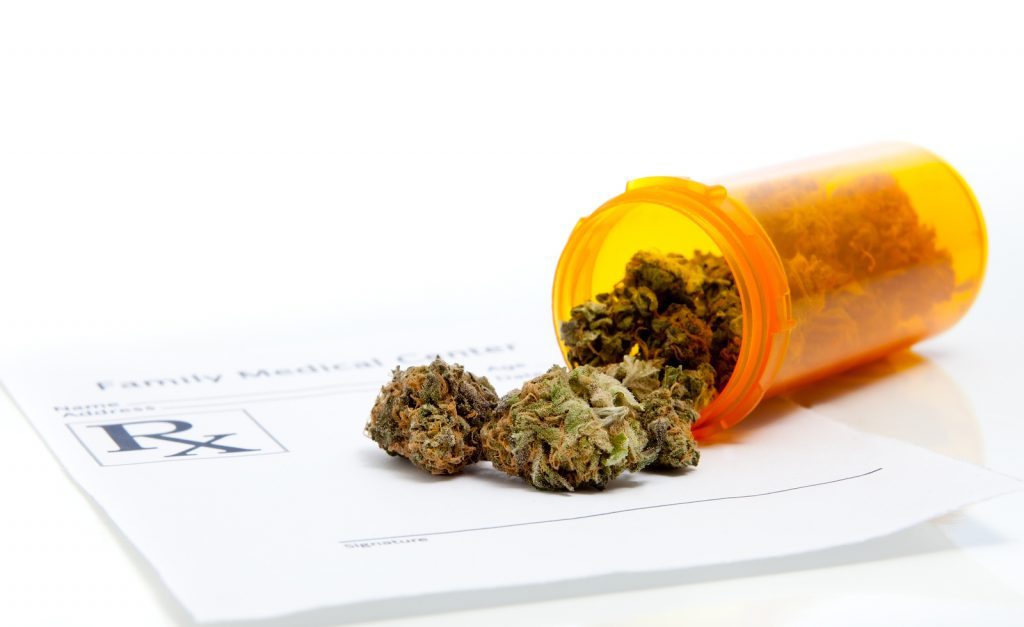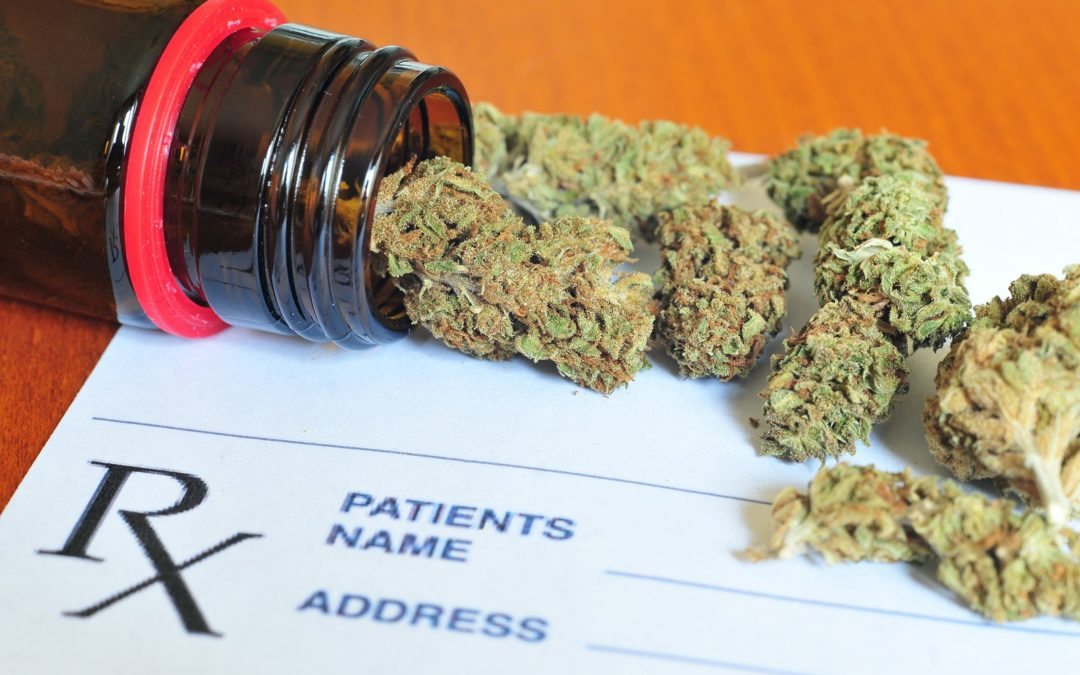More lethal than car accidents, cancer, or acts of violence, cardiovascular disease is the number one leading cause of death in the United States. According to the American Heart Association, heart disease caused nearly a quarter of all deaths in Massachusetts in 2010 – five times more fatalities than stroke, about eight times more than Alzheimer’s disease, and nearly 12 times more than diabetes mellitus. There’s no disputing the fact that cardiovascular disease is a serious and widespread health issue in Massachusetts – the question is whether marijuana is safe for people who have already been diagnosed. While marijuana has health benefits for many medical conditions, patients diagnosed with heart disease or high blood pressure should consult with a doctor before exploring Cannabis treatments.
Is it True that Smoking Marijuana Can Give You a Heart Attack?

You may have heard biased sources claim that “smoking marijuana can give you a heart attack.” Remember: despite the sedative, relaxing effects of Cannabis, it actually increases your heart rate. This increases your heart’s need for oxygen, which may result in heart attack if your coronary arteries are blocked or narrowed.
However, the risk, it turns out is rather small, and applies mostly to people who have known heart disease.
One study, published in Circulation in 2001, found that marijuana may increase the risk of heart attack (myocardial infarction) – but only among who are already predisposed toward cardiovascular problems like coronary artery disease. Even then, marijuana use was described as a “rare trigger” for myocardial infarction. Realistically, vigorous physical activities like sex or jogging are more likely to induce heart attacks than Cannabis use.
And, to reiterate an important risk factor, it’s primarily individuals with heart disease who should be concerned about adverse cardiovascular events. As a 2002 study published in the Journal of Clinical Pharmacology rightly pointed out, “Marijuana’s cardiovascular effects are not associated with serious health problems for most young, healthy users, although occasional myocardial infarction, stroke, and other adverse cardiovascular events are reported.”
The question then becomes, how often is “occasional”?
What is the Likelihood of Suffering a Heart Attack from Using Cannabis?
According to the Circulation study, in which 3,882 patients (68% male, 32% female) were interviewed an average of four days after experiencing a heart attack, only 124 – less than 4% – reported using marijuana during the past year. From that already narrow sample, only nine people – less than 8% of the marijuana group, and just 0.2% of the study sample overall – reporting using within the hour their heart attack symptoms started. The study determined that the risk of having a heart attack within an hour of using marijuana was 4.8 times greater than normal, but that “the elevated risk rapidly decreased thereafter.”
But what about the risk for people who aren’t already living with cardiovascular disease? As the Clinical Pharmacology study mentioned, incidents are rare. The Circulation study could point to only three prior reports of heart attack “occurring in close proximity to marijuana use in otherwise low-risk individuals.”
The first, published in Clinical Toxicology 1979, noted a 25-year-old male who suffered a heart attack “in the virtual absence of risk factors… after smoking a cigarette containing marijuana.” The study, however, fails to specify whether the cigarette contained other ingredients, such as phencyclidine (PCP), which was a popular recreational drug during the late ‘70s when the study was published.
The second, published in European Heart Journal in 1985, cited a “previously healthy 33-year-old” whose symptoms began an hour earlier “while smoking marijuana at a party.” Again, the possibility exists that the marijuana was laced with other substances, or that the individual had intentionally consumed other substances (e.g. alcohol, recreational drugs), particularly because the use occurred at a party, and because the same individual “had taken marijuana on three occasions in the previous three years with no ill effects.”
The third, published in the International Journal of Cardiology during the early nineties, examined a healthy 17-year-old male described as a “daily user.” The study claimed that “Marijuana use may be a much more common cause of acute myocardial infarction than is generally realized,” but was unable to provide extensive data supporting this suspicion.
The takeaway? Marijuana can temporarily increase your risk of having a heart attack, particularly if you are elderly or have already been diagnosed with a heart condition. While the risk is both short-lived and statistically slim, it’s still very important that you talk to your doctor about medical marijuana instead of experimenting on your own.

Cannabis and Irregular Heartbeat (Cardiac Dysrhythmias)
As a 2012 study published in Harm Reduction Journal uncovered, “[C]ardiac arrhythmia [i.e. irregular heartbeat] ha[s] been associated with the use of Cannabis. The occurrence of arrhythmias such as atrial fibrillation seems to be associated with effects resulting from the parasympathetic stimulation induced by Cannabis and observed with the use of higher doses.” Additionally, another study published last year in Substance Abuse noted that “Marijuana smoking has been shown to exert adverse effects on the cardiovascular system and often causes… tachycardia [i.e. rapid heart rate] and hypotension [i.e. low blood pressure]. It is also reported to be a possible cause of paroxysmal atrial fibrillation.”
The tachycardia and hypotension observed in the study were both described as being “well-tolerated.” However, they can still pose some health hazard for patients with compromised cardiovascular systems, particularly patients with prior atrial fibrillation.
Consult with a Medical Marijuana Doctor in Massachusetts
While marijuana carries some risks for cardiovascular patients, others may benefit from carefully-monitored use under the guidance of a qualified medical cannabis physician. If your quality of life is being negatively impacted by a serious medical condition associated with high blood pressure, you may be a good candidate for medical Cannabis. For example, Cannabis can help diabetes patients control their glucose and lower insulin resistance. Call Dr. Tishler at (617) 477-8886 to start discussing the health benefits of medical marijuana in a private consultation.

